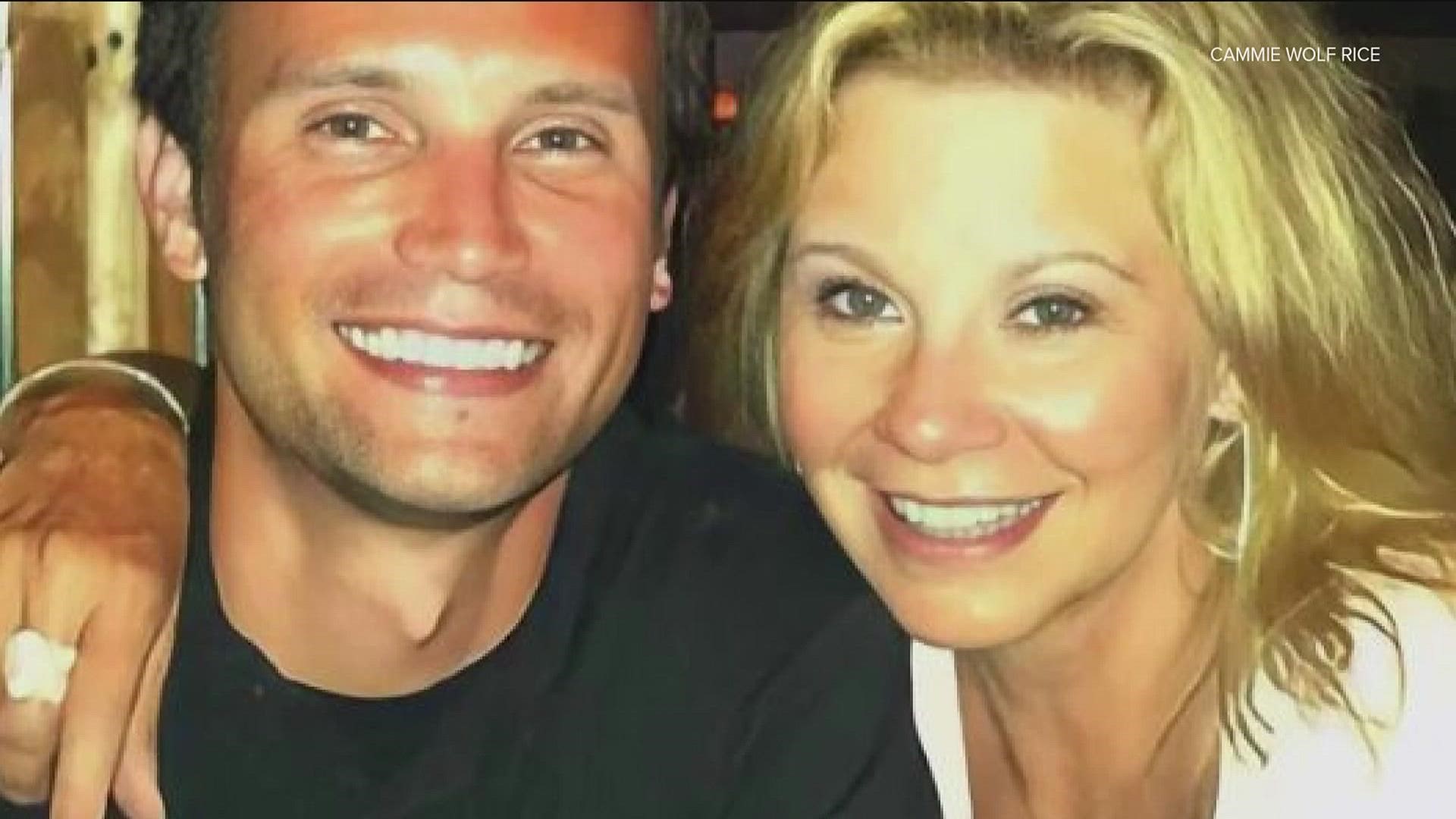ATLANTA — It all started with a prescription for 90 pills.
"We didn't know. We just were doing what the doctor told us," Cammie Wolf Rice explained. "He actually came to me and said 'Mom, I need help.'"
Cammie's son Christopher had been diagnosed with ulcerative colitis in middle school. He went through multiple surgeries for the issue, which turned into a struggle with pain management and opioids.
"He fought it for over half of his life; 15 years. He fought multiple treatment centers," Cammie added. "We did everything we could possibly do, and we had the resources fortunately to do that, and could not save his life."
Christopher passed away in 2016, and in 2018, Cammie founded the Christopher Wolf Crusade (CwC) to end opioid misuse before it begins.
For Cammie, prevention meant helping patients in crisis.
"If you look at our society, we have coaches for everything," she explained. "There's executive coaches, birthing coaches, sleeping coaches, and yet when you're in a health crisis, you have no coach to get you through recovery."
As a result, Cammie and CwC joined forced with Grady Hospital to create the Life Care Specialist program, a way to better support patients after surgery.
"We noticed about two years ago that we were really good at managing trauma patients. So a patient came through the door with a traumatic injury from an orthopedic perspective, but we weren't good at sort of everything else surrounding that, in particular pain management," Dr. Mara Schenker, Chief of Orthopedics at Grady Hospital, explained. "We wouldn't necessarily know if they had any underlying use of of any medications or drugs in the past, and we'd send them home with pain medications. And that was it."
Dr. Schenker, who serves on CwC's advisory board, said the Life Care Specialist Program fills that gap.
"They not only help with pain management and teaching people about opioid use. They also teach them about an alternative," Dr. Schenker explained. "They team them things like mindfulness and other directive therapies they can use."
Dr. Schenker added that she's witnessed an increase in patient satisfaction as a result.
"[Patients] feel like they have an advocate," Dr. Schenker explained. "Because it is very painful to go through trauma and to have surgery. And so not only do we see happier patients, but we saw a reduction in actual use of pain medication."
Approximately 500 patients have be part of the pilot program at Grady to date, according to Dr. Schenker, resulting in a 20% reduction in pain medication usage.
"We'd love to see this in every hospital. We'd love to see it in every department here at Grady," Dr. Schenker said. "But specifically in the short term we're planning to keep it on the trauma service, and we're planning to step next into the sickle cell clinic, which will be really exciting."
For Cammie, the program not only offers a chance to prevent opioid abuse before it starts but hopefully, a chance to spare others her family's pain.
"I base this position on everything that Christopher did not have," Cammie said. "I can't get my son back, but I can prevent this happening to other children in our country."
The Flight: My Opioid Journey is a deep dive into Cammie Wolf Rice's story around the opioid epidemic and the loss of her son, Christopher.

